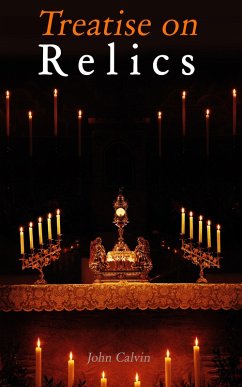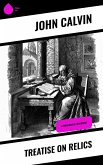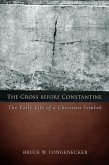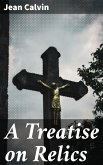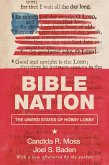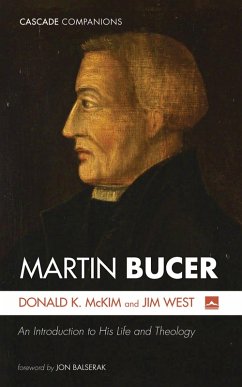Treatise on Relics is a theological book written in 1543 by John Calvin, about the authenticity of many Christian relics. Calvin harshly criticizes the relics' authenticity, and suggests the rejection of relic worship. He described relics from 12 cities in Germany, three cities in Spain, 15 cities in Italy, and 30-40 cities in France. He asserted that fake relics had been traded since Augustine's lifetime, and had increased as the world inevitably became more corrupt. Calvin published his Treatise on Relics as part of the Reformation, and Protestants abandoned the veneration of relics. The book was published in Geneva, and was included in the Index Librorum Prohibitorum.
Dieser Download kann aus rechtlichen Gründen nur mit Rechnungsadresse in A, B, BG, CY, CZ, D, DK, EW, E, FIN, F, GR, H, IRL, I, LT, L, LR, M, NL, PL, P, R, S, SLO, SK ausgeliefert werden.

